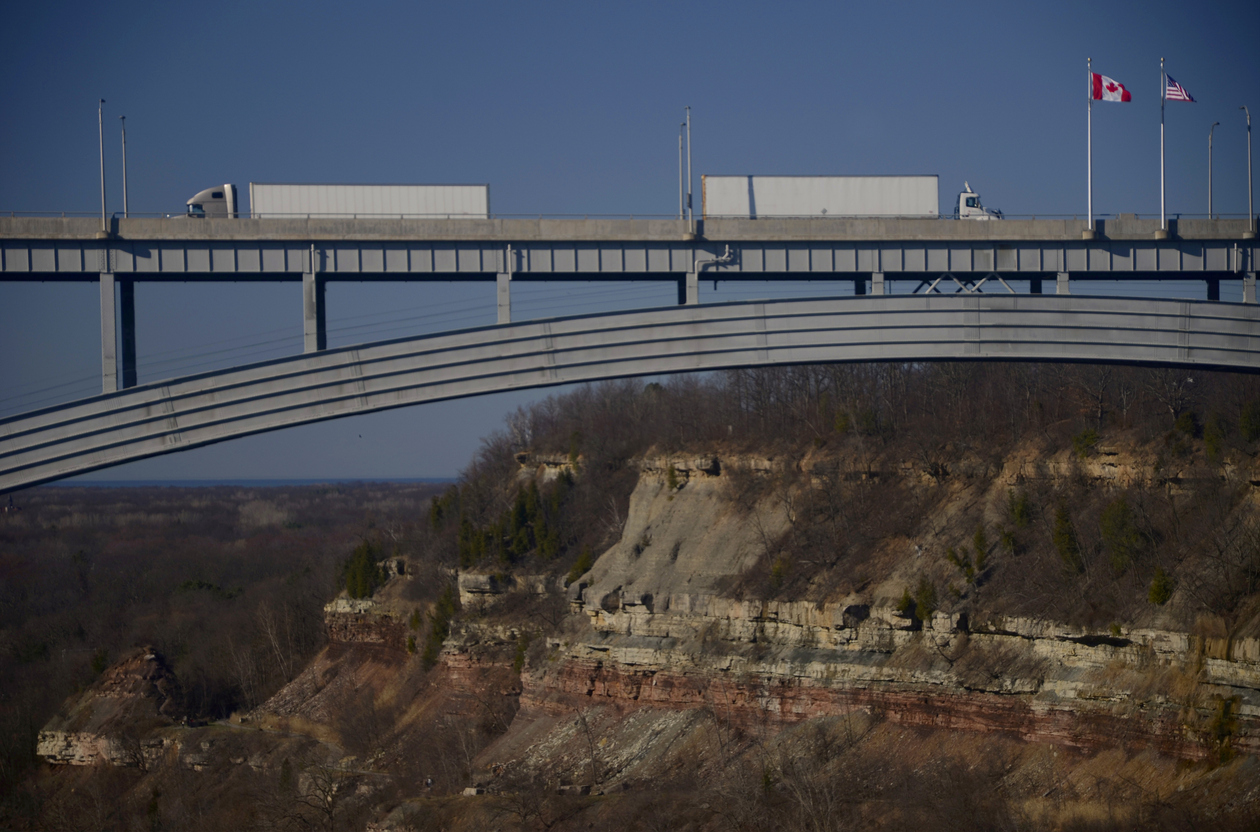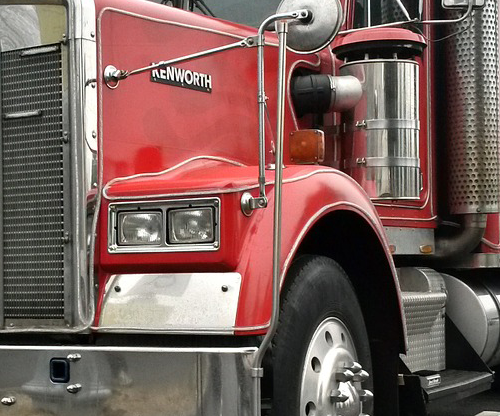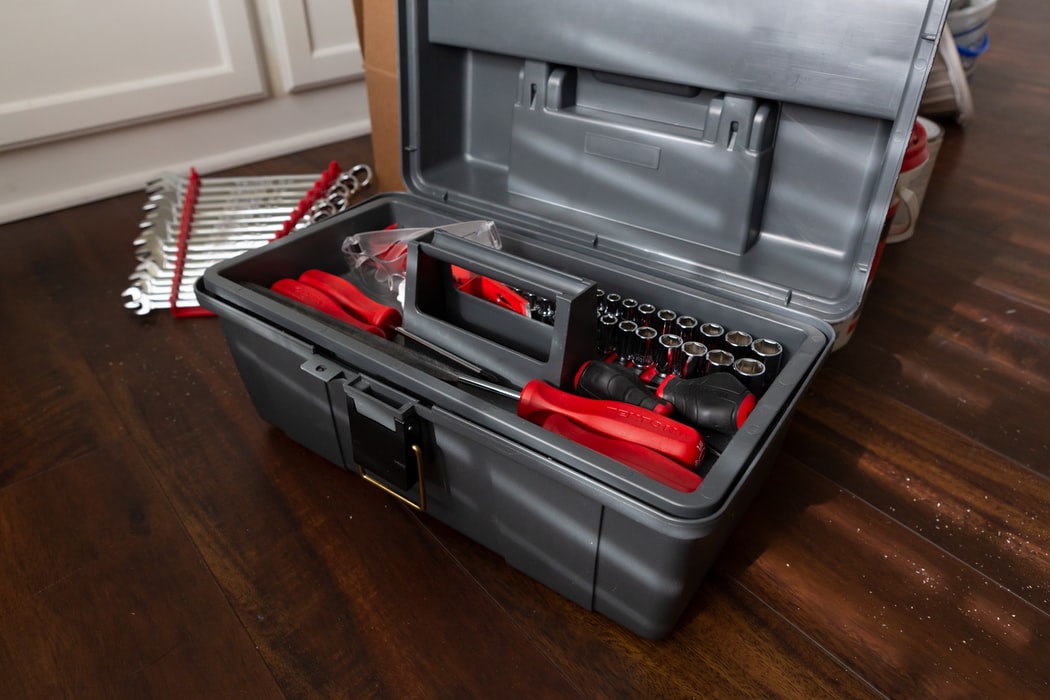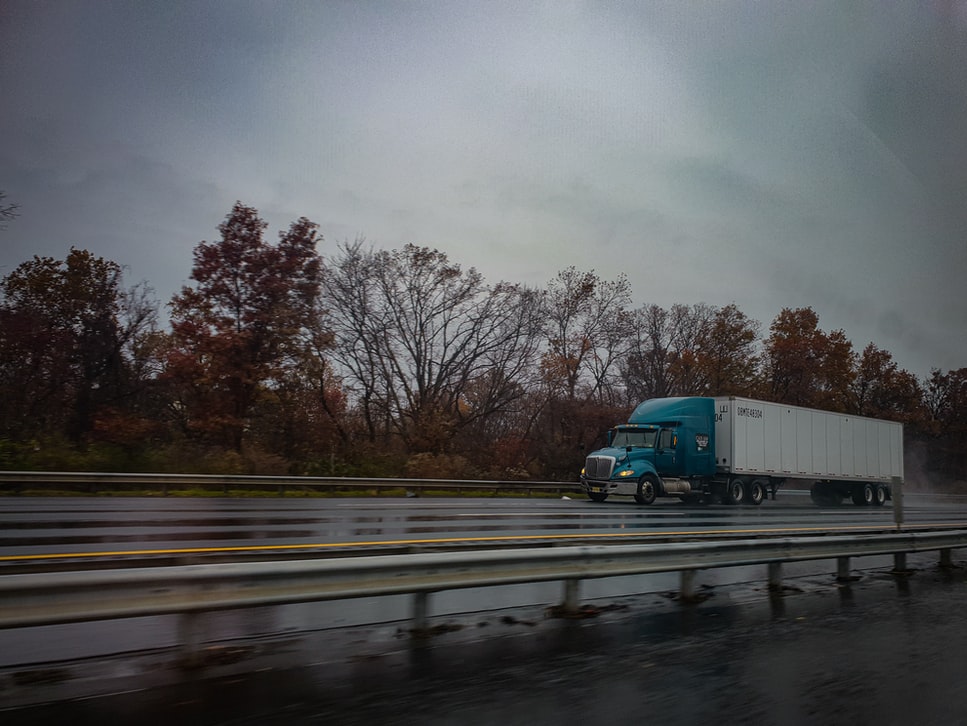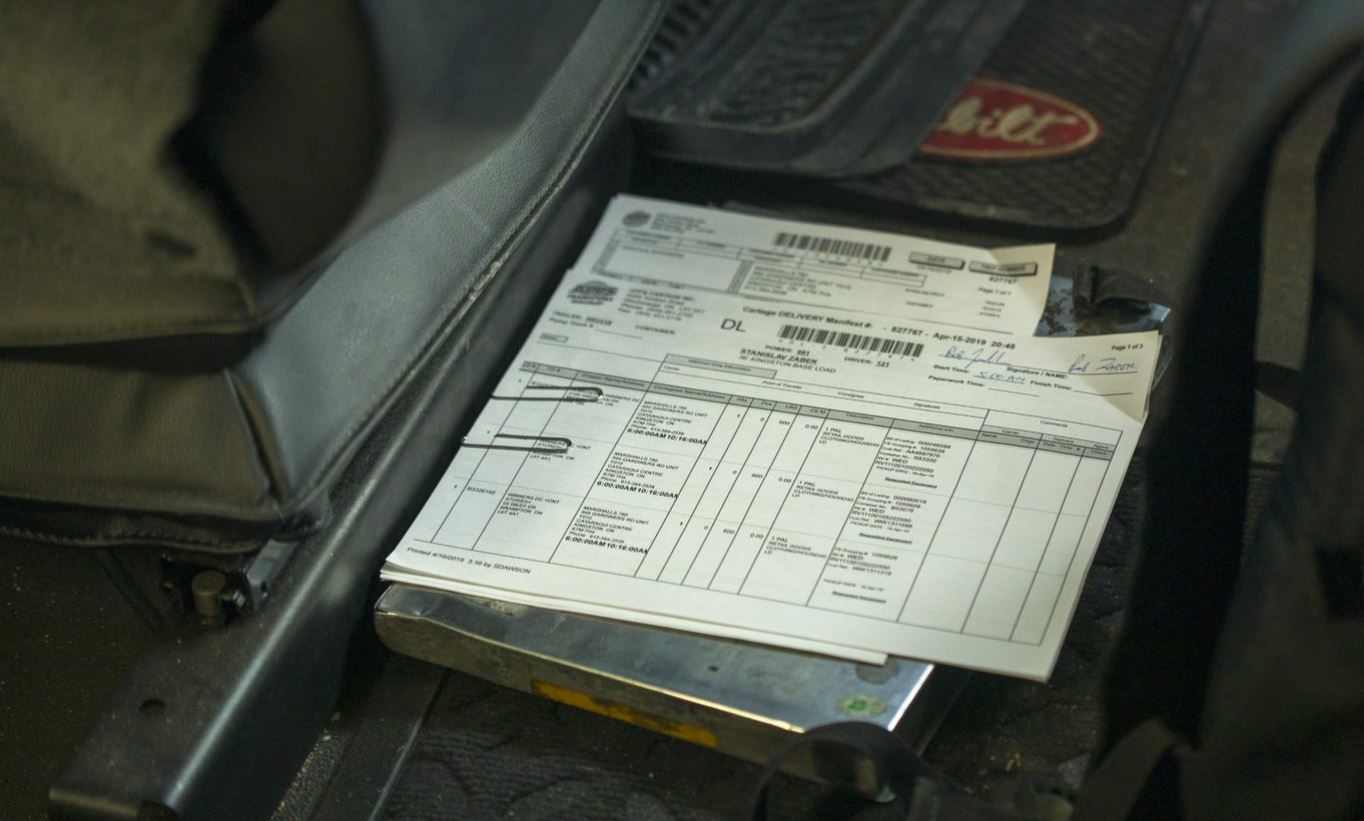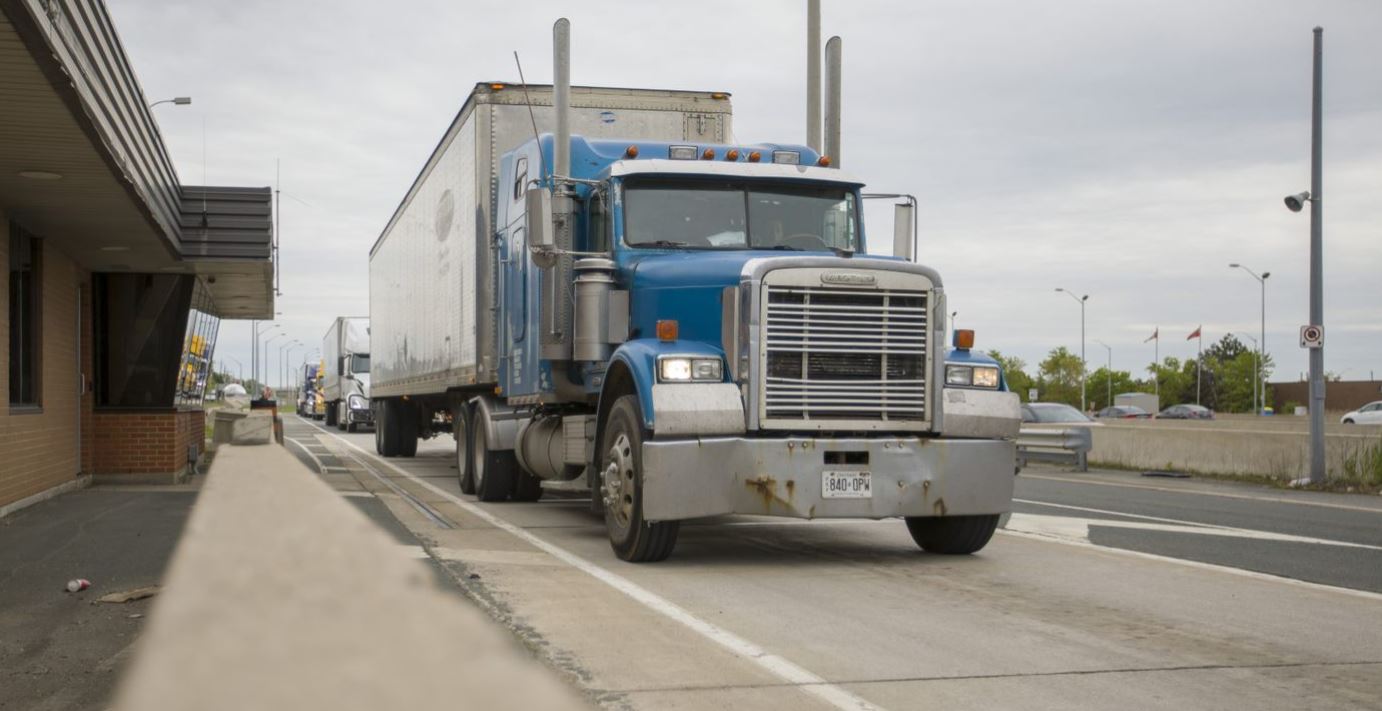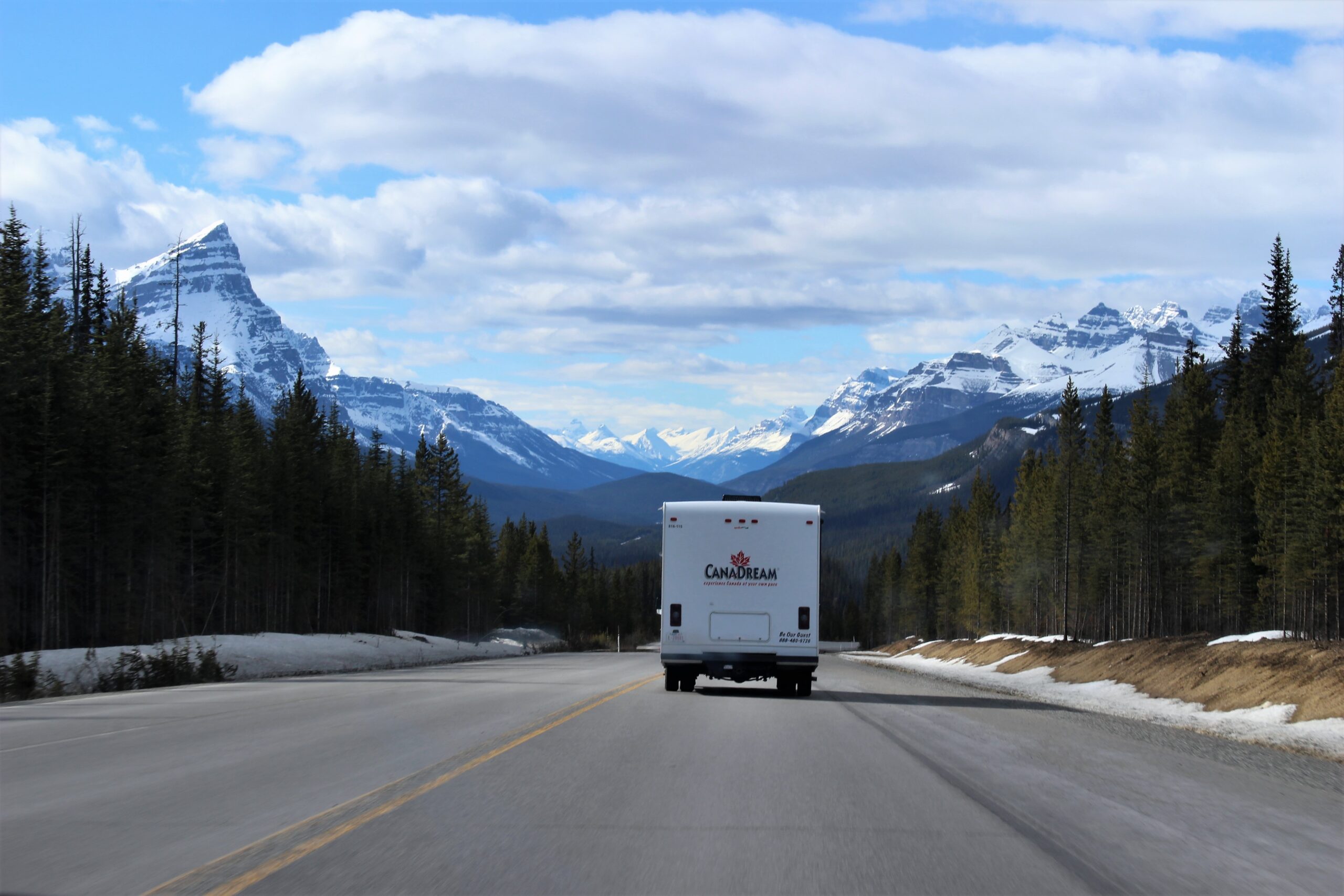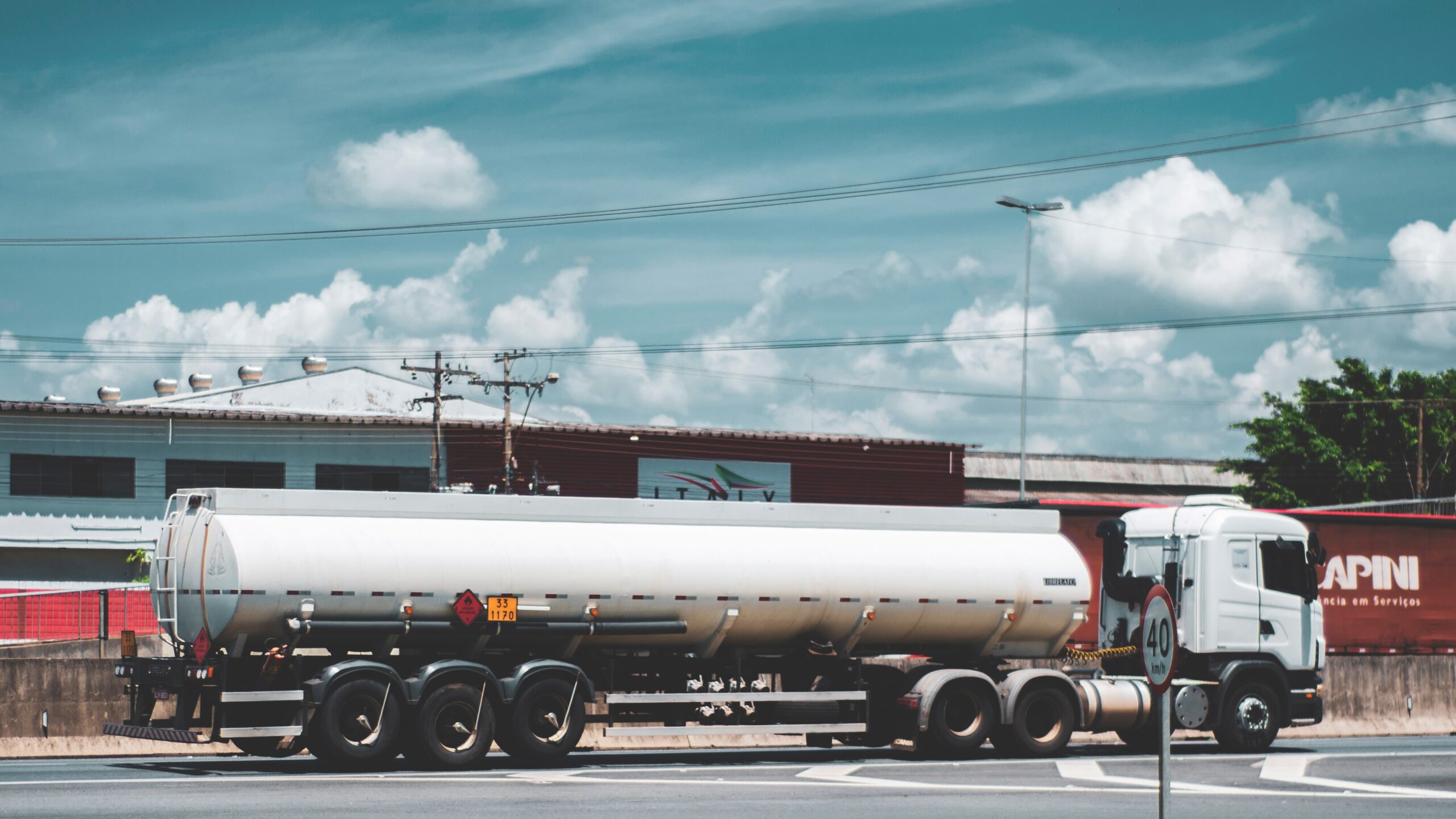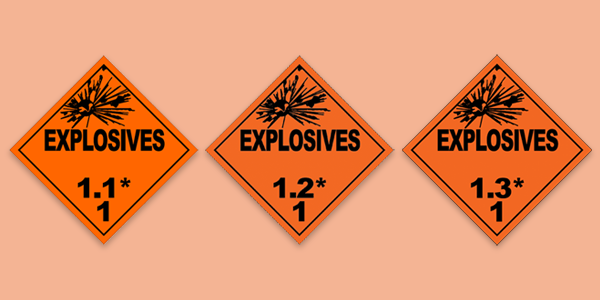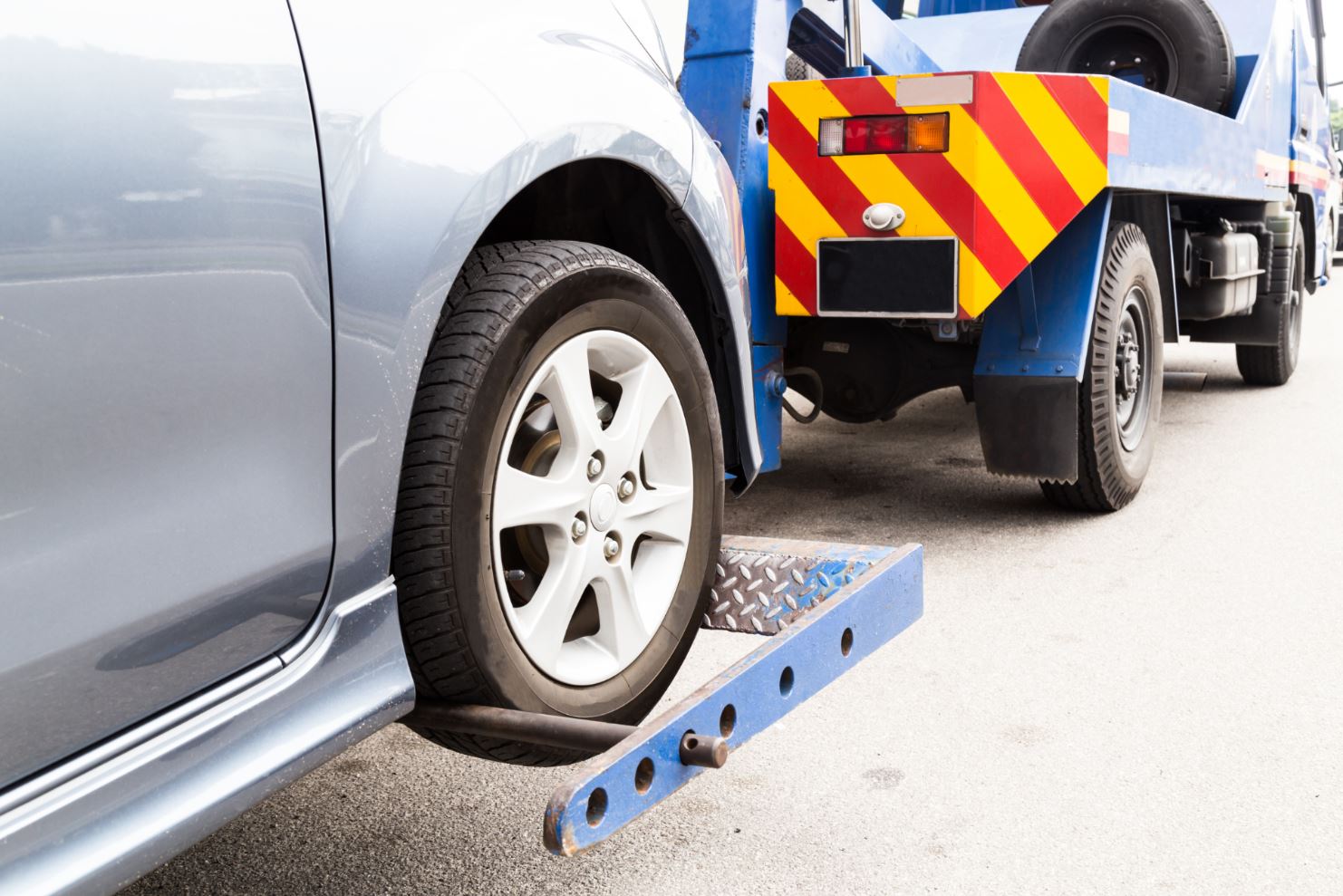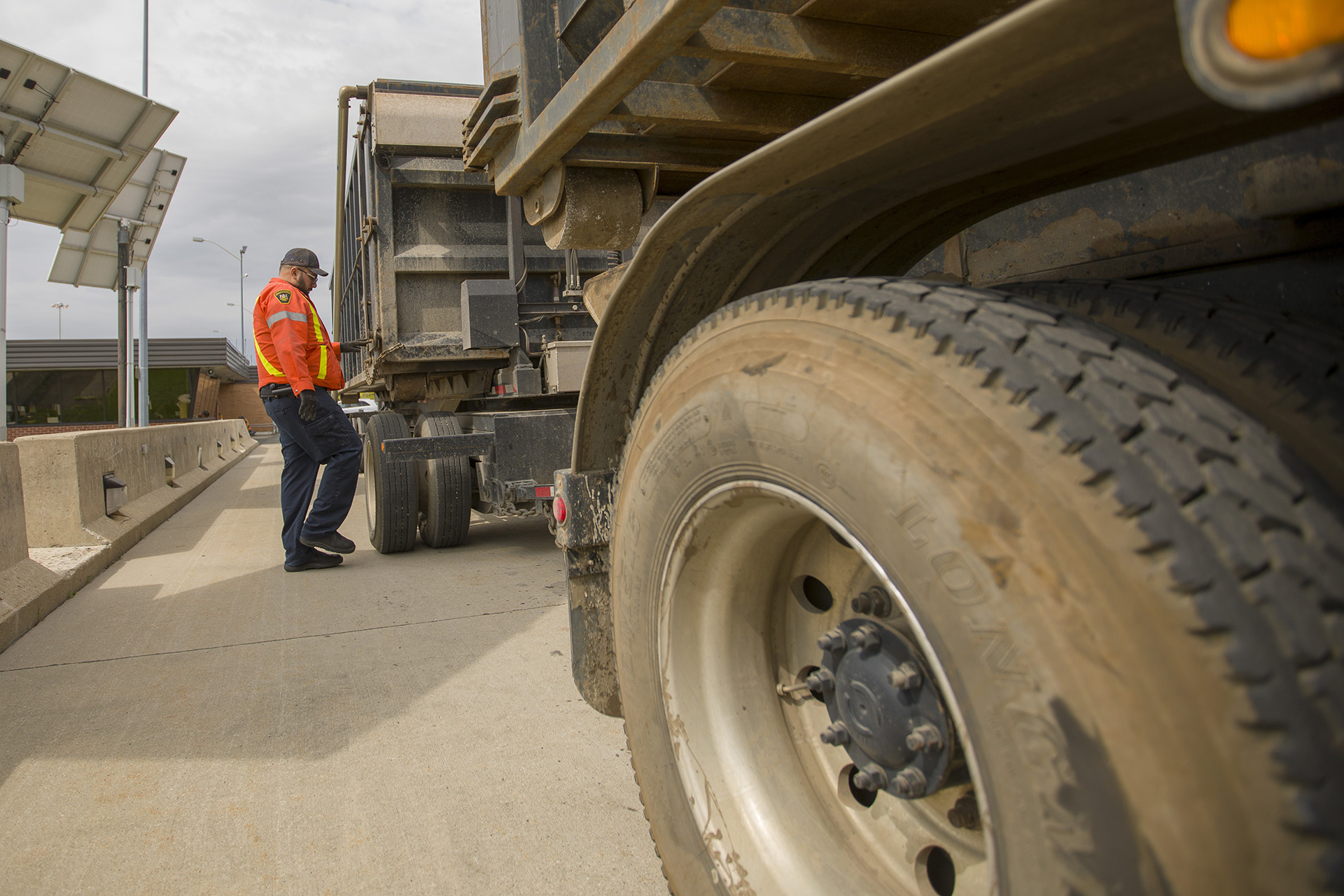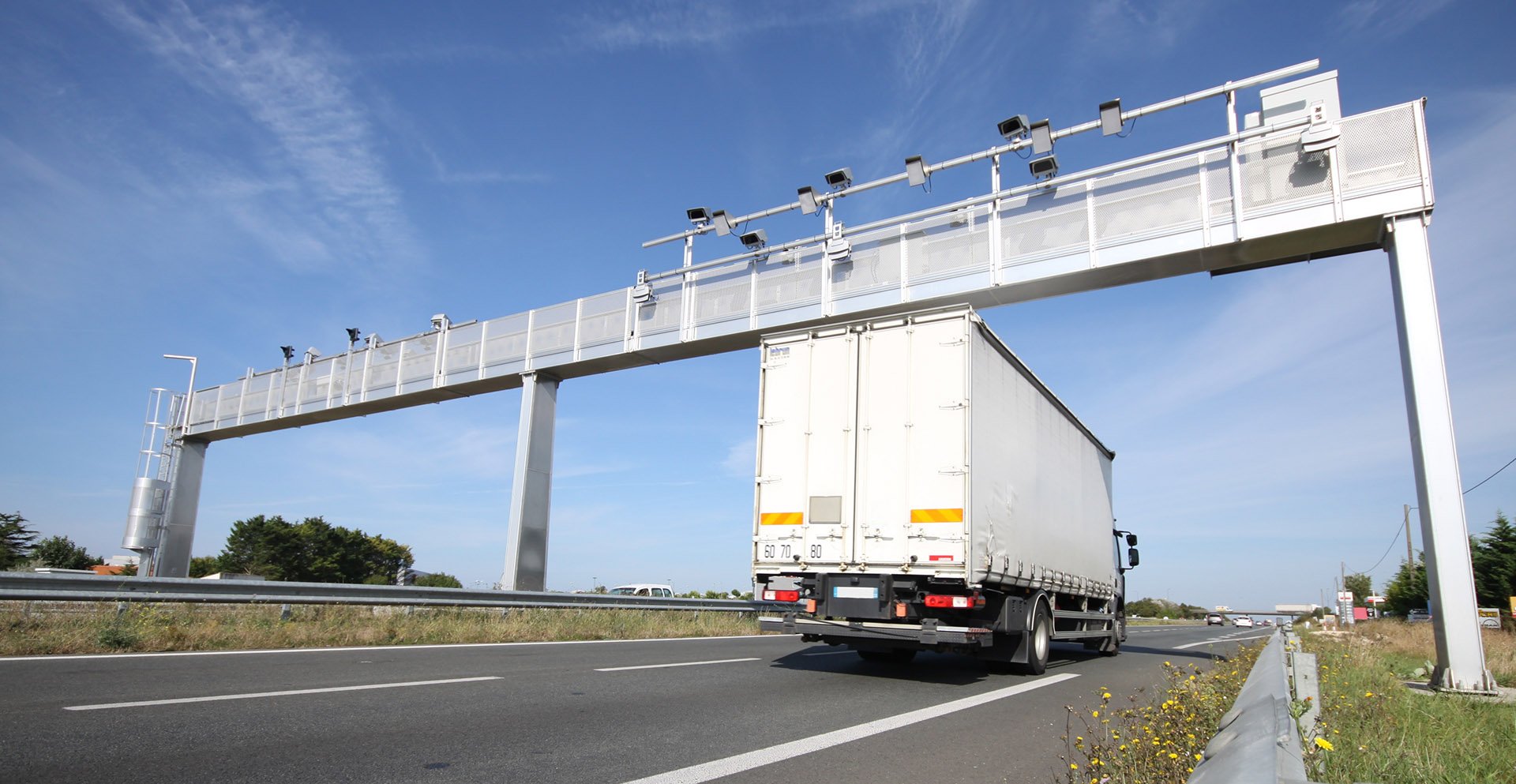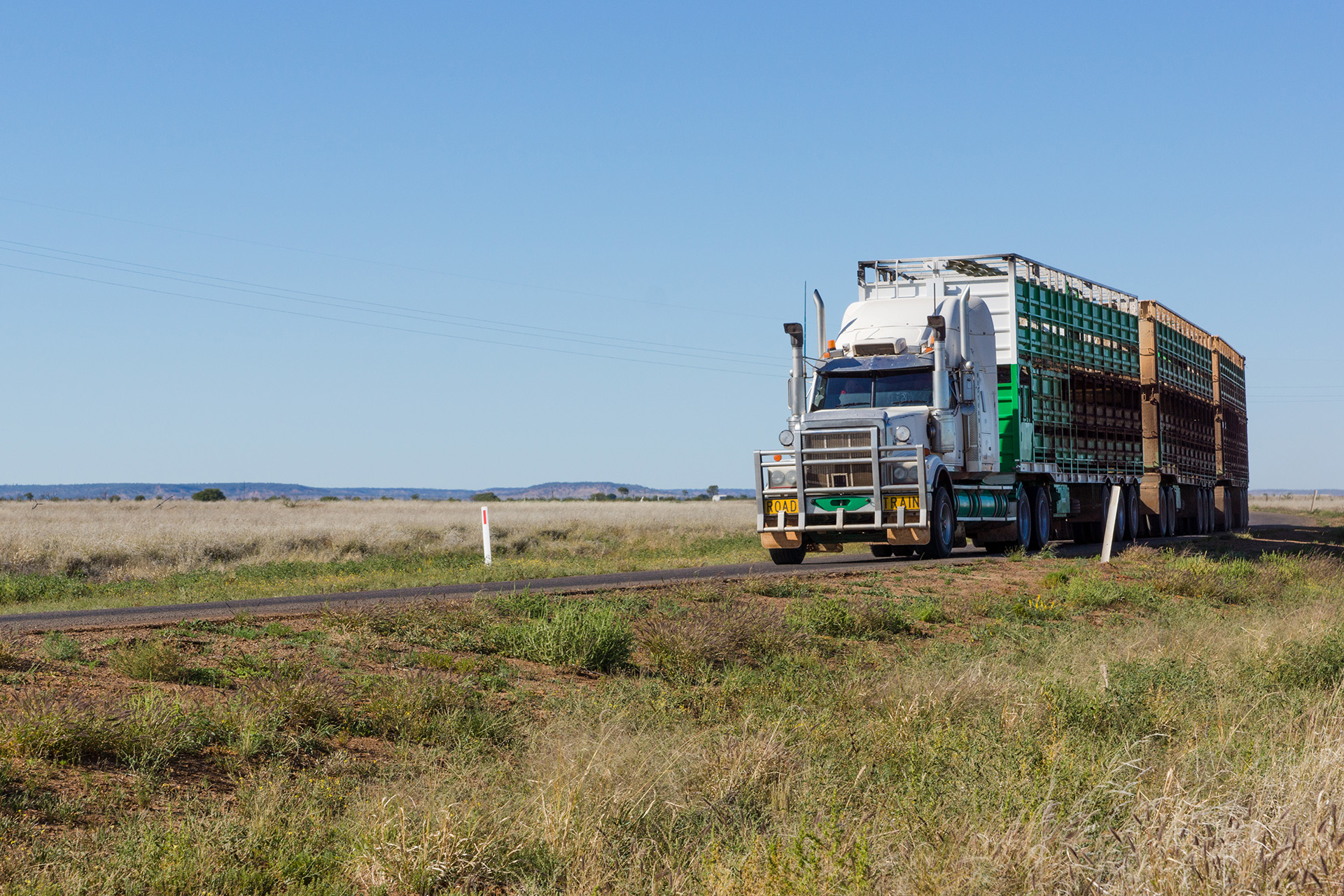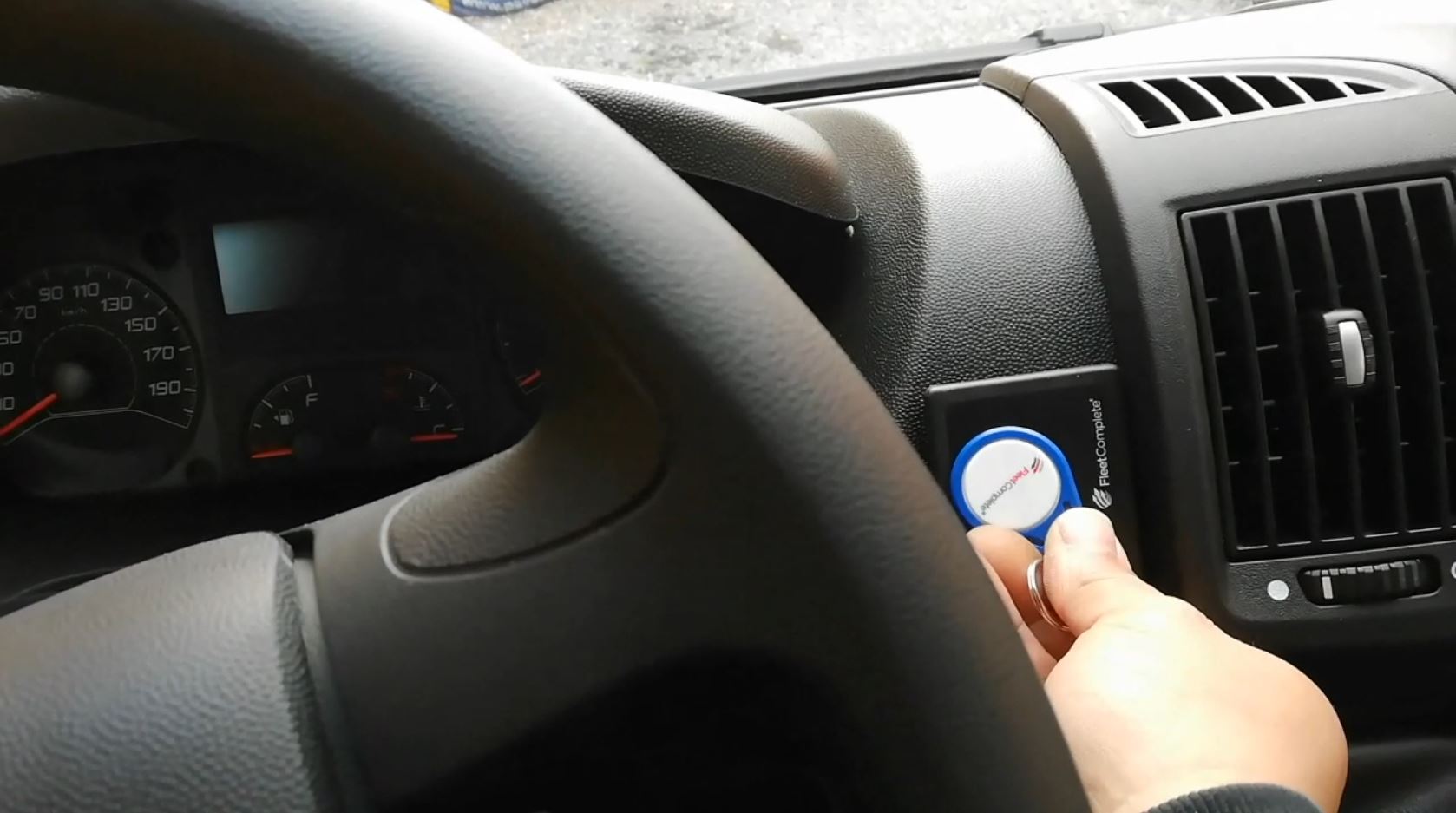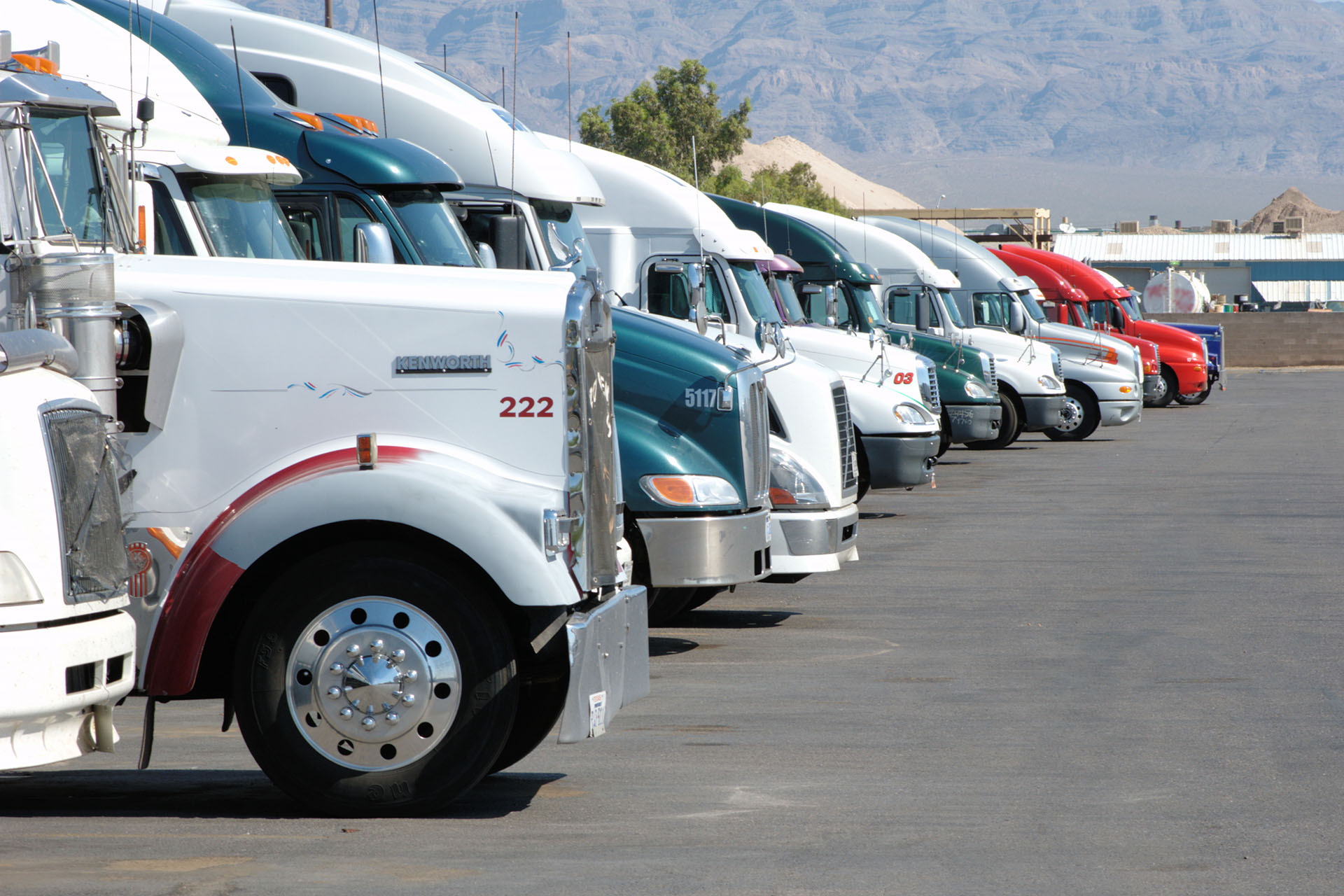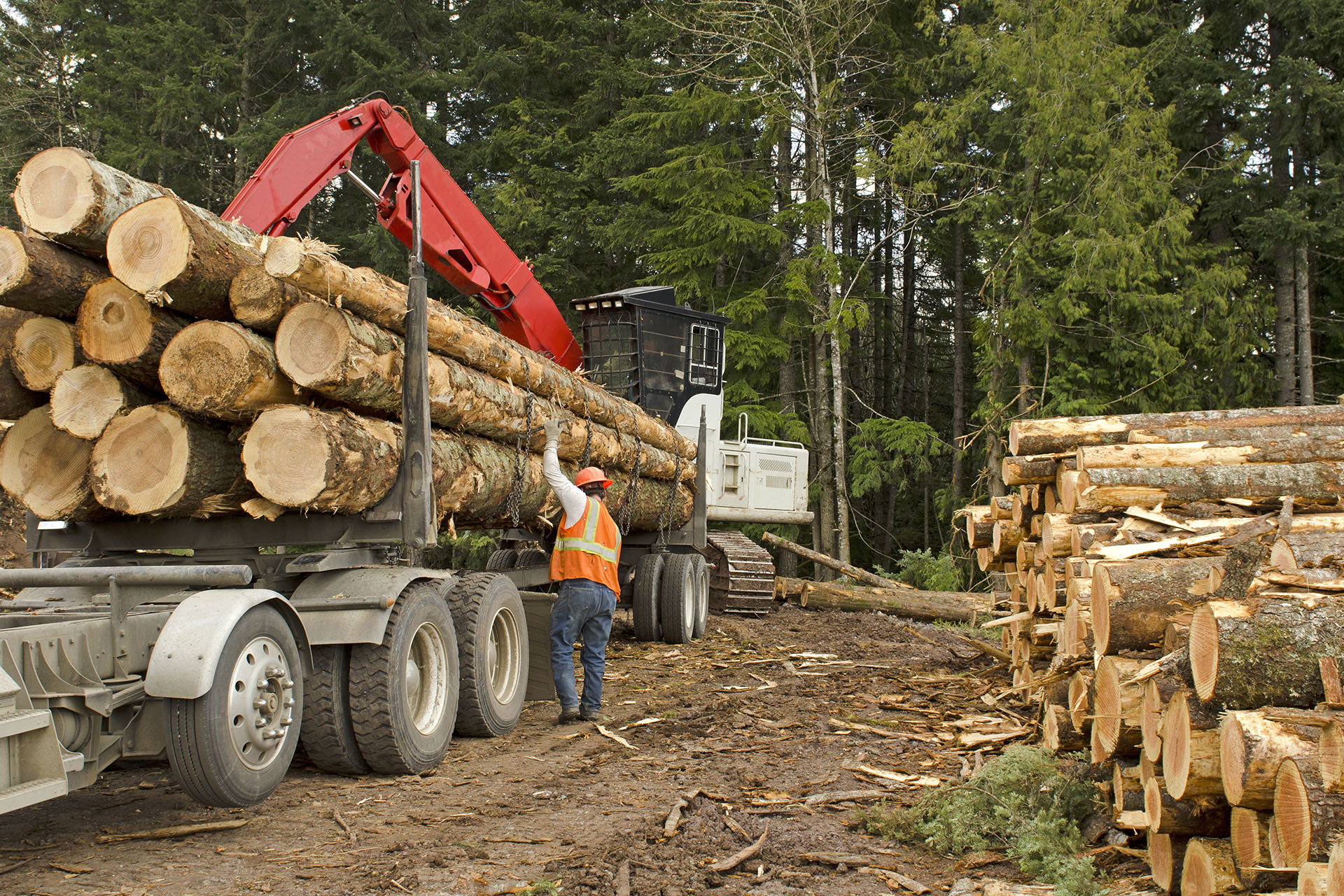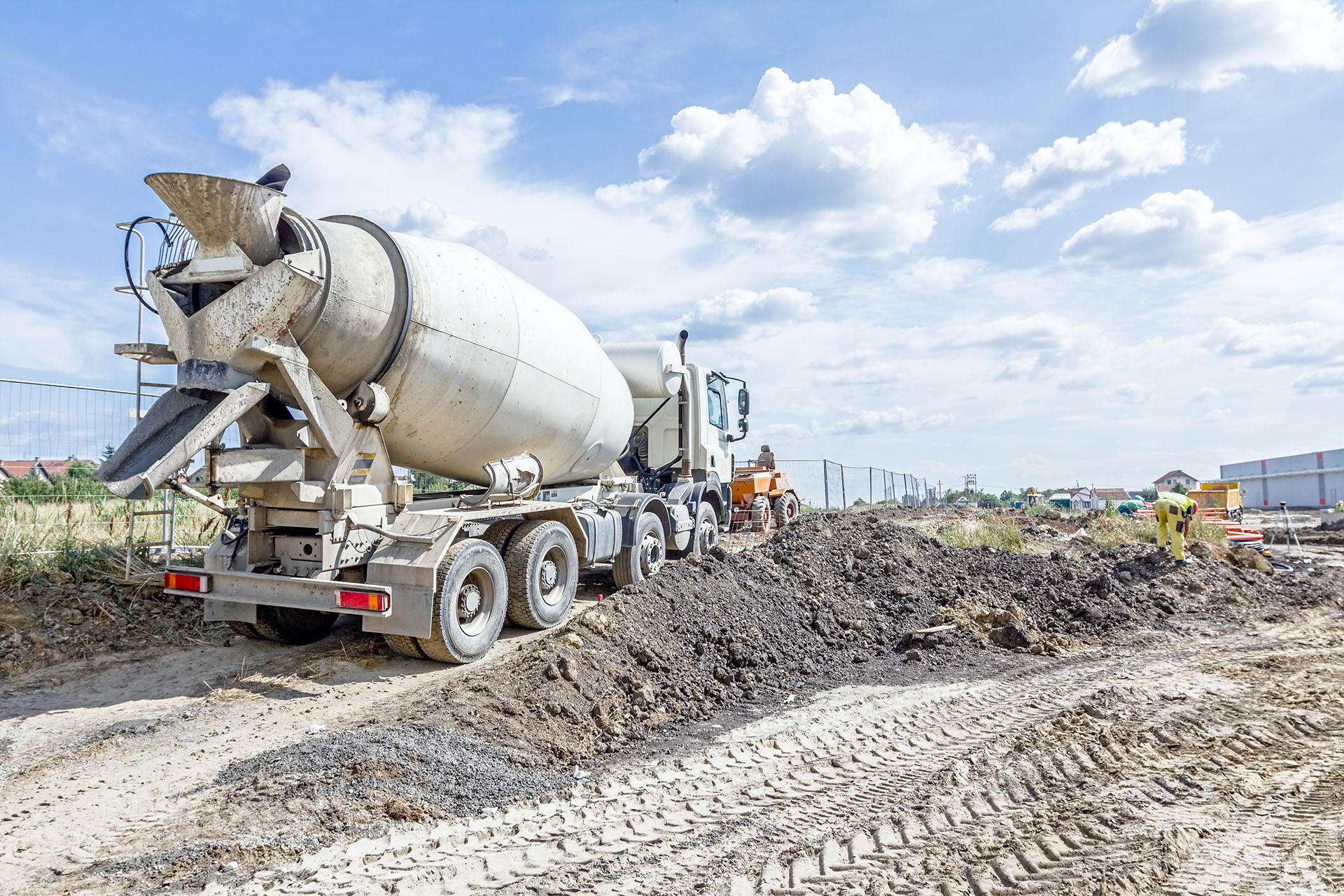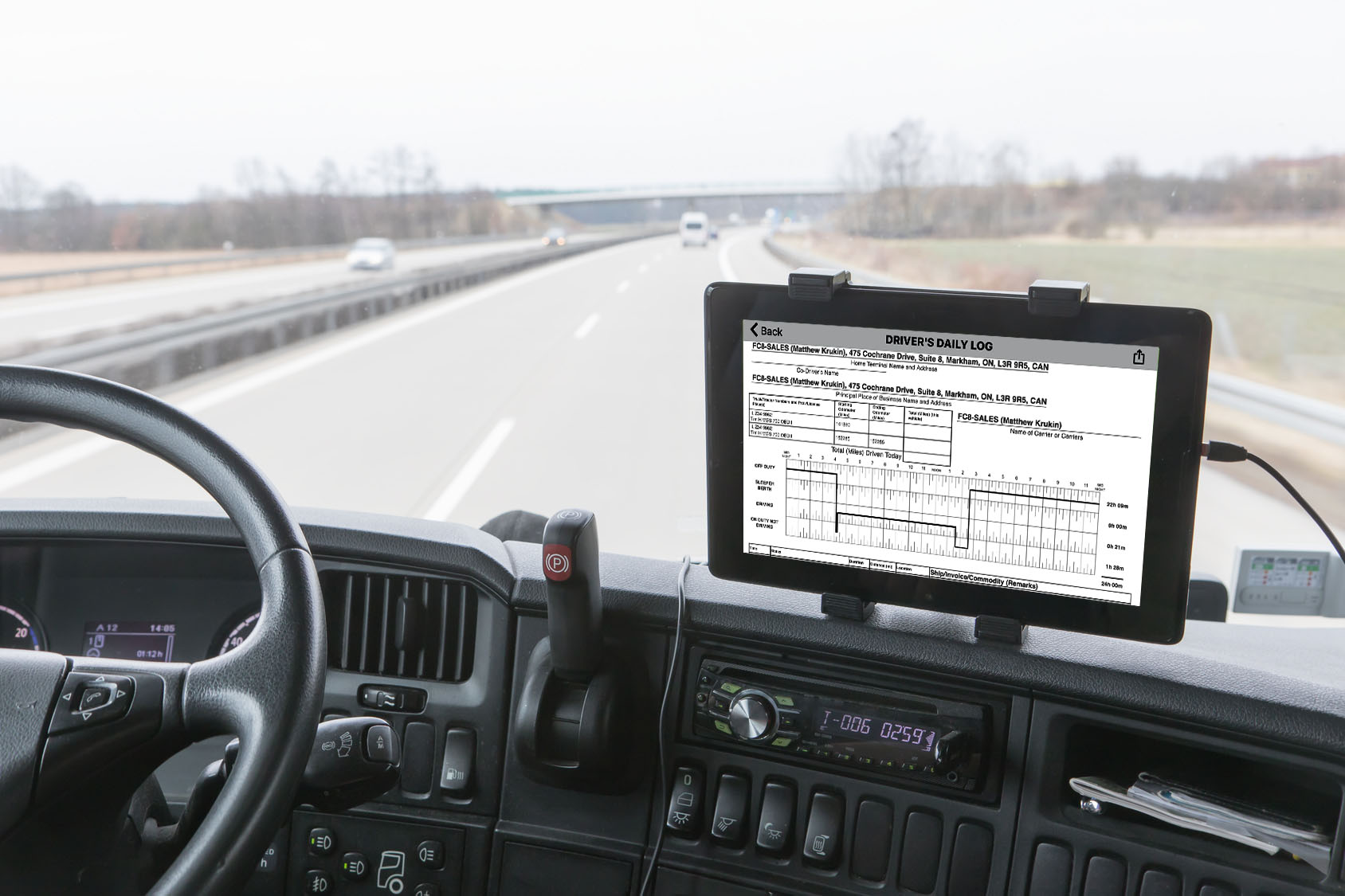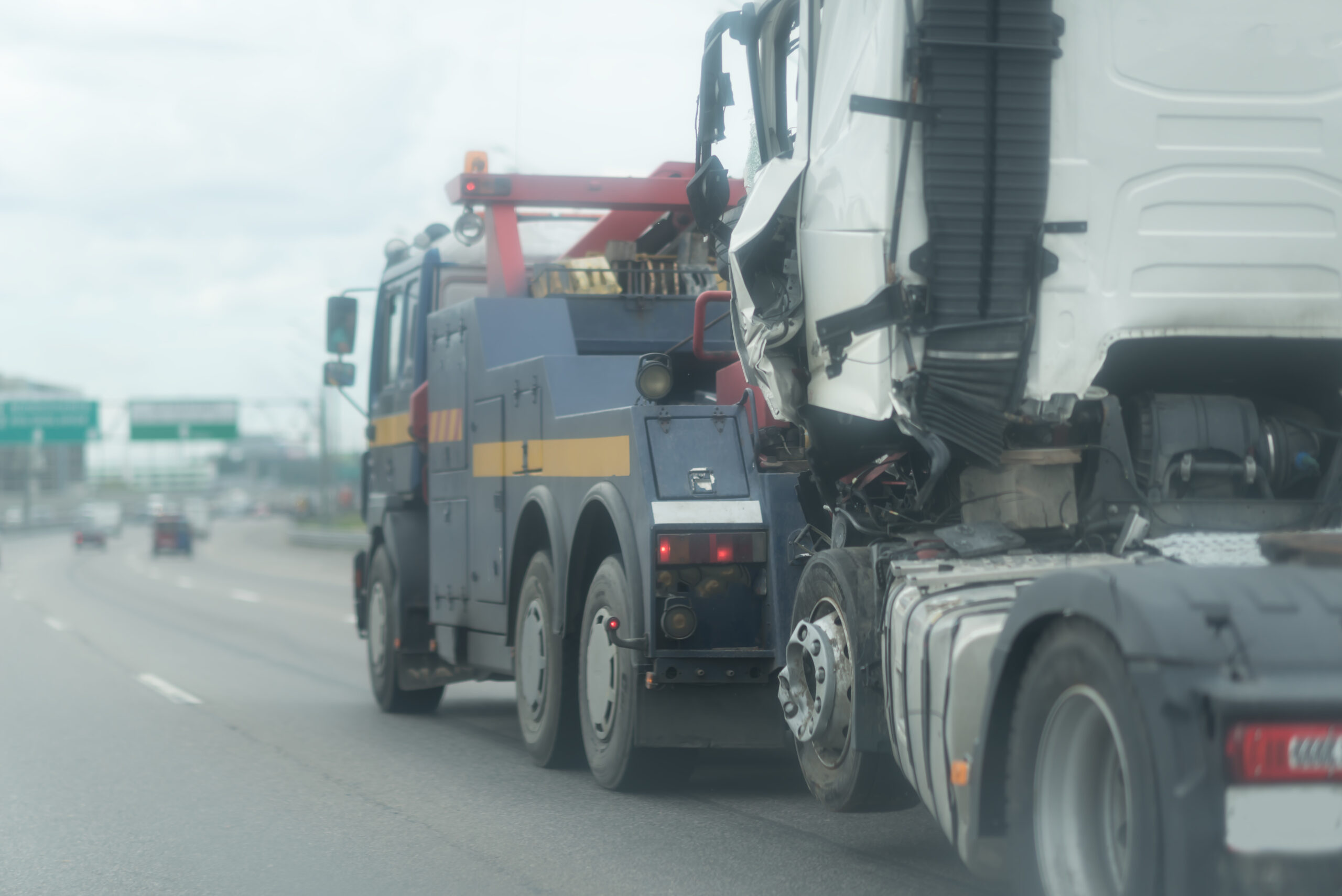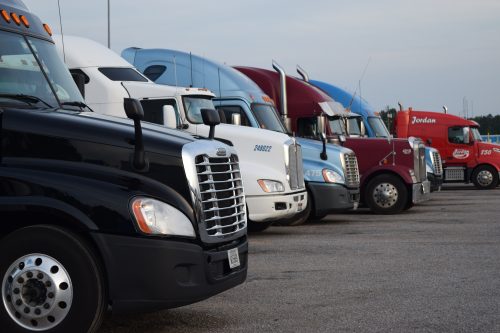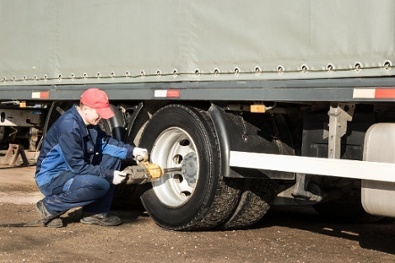Dear Marc, I used to work at a company that used the 24-hour Restart under the Oilfield Exemption rule even when not transporting oil. Can oilfield companies operate under the Oilfield Exemption rule even when not hauling oil commodities, like shingles, hay, coils and other? Thanks for your insight!
Dear Reader,
In response to your question, I have the following feedback on oilfield operations in the U.S. to provide based on guidance from FMCSA.
24 hour restart rule.
In terms of your comment regarding the “24-hour restart” this provision as described in § 395.1(d)(1) is available to drivers of the broad range of commercial motor vehicles (CMVs) that are being used for direct support of the operation of oil and gas well sites.
This includes transporting equipment and supplies (including water) to the site and waste or product away from the site, and moving equipment to, from, or between oil and gas well sites. These CMVs do not have to be specially designed for well site use, nor do the drivers require any special training other than in operating the CMV.
Oilfield equipment is not specifically defined in this section. However, its meaning is broader than the “specially constructed” commercial motor vehicles referred to in §395.1(d)(2), and may encompass a spectrum of equipment ranging from an entire vehicle to hand-held devices.

Can an oilfield company use the 24-hour Restart Oilfield Exemption rule even when they are not hauling oil?
Operators of CMVs that are used to transport supplies, equipment, and materials such as sand and water to and from the well sites do not qualify for the “waiting time exception” even if there have been some modifications to the vehicle to transport, load, or unload the materials, and the driver required some minimal additional training in the operation of the vehicle, such as running pumps or controlling the unloading and loading processes.
It is recognized that these operators may encounter delays caused by logistical or operational situations, just as other motor carriers experience delays at shipping and receiving facilities.
Other methods may be used to mitigate these types of delays, which are not the same types of waiting periods experienced by the CMV operators who do qualify for the waiting time exception.
A driver must exclusively transport oilfield equipment or service the field operations of the industry for each eight-day (or shorter) period before his/her off-duty period of 24 or more consecutive hours. However, he/she must be in full compliance with the requirements of 395.3(b) before driving other commercial motor vehicles not used to service the field operations of the natural gas or oil industry.
A driver will occasionally have leftover materials that must be transported back to a motor carrier facility or service depot. Such a return trip would be covered by §395.1(d)(1) because transporting excess materials back to a facility from the well site is part of the servicing operations. However, such servicing operations are limited to transportation back and forth between the service depot or motor carrier facility and the field site.
Transportation of materials from one depot to another, from a railhead to a depot, or from a motor carrier terminal to a depot, is not considered to be in direct support of field operations.
A driver may also accumulate the required 8 consecutive hours off duty by combining two separate periods, each at least 2 hours long, of off-duty time or sleeper-berth time at a natural gas or oil well location with sleeper-berth time in a Commercial Motor Vehicle (CMV) while en-route to or from such a location.
A driver may also cumulate the required 8 consecutive hours off duty by combining an off-duty period of at least 2 hours at a well site with:
- Another off-duty period at the well site that, when added to the first such period, equals at least 8 hours, or
- A period in a sleeper-berth, either at or away from the well site, or in other sleeping accommodations at the well site, that, when added to the first off-duty period, equals at least 8 hours.
However, such drivers may not combine a period of less than 8 hours off duty away from a natural gas or oil well site with another period of less than 8 hours off duty at such well sites. The special provisions for drivers at well sites are strictly limited to those locations.







